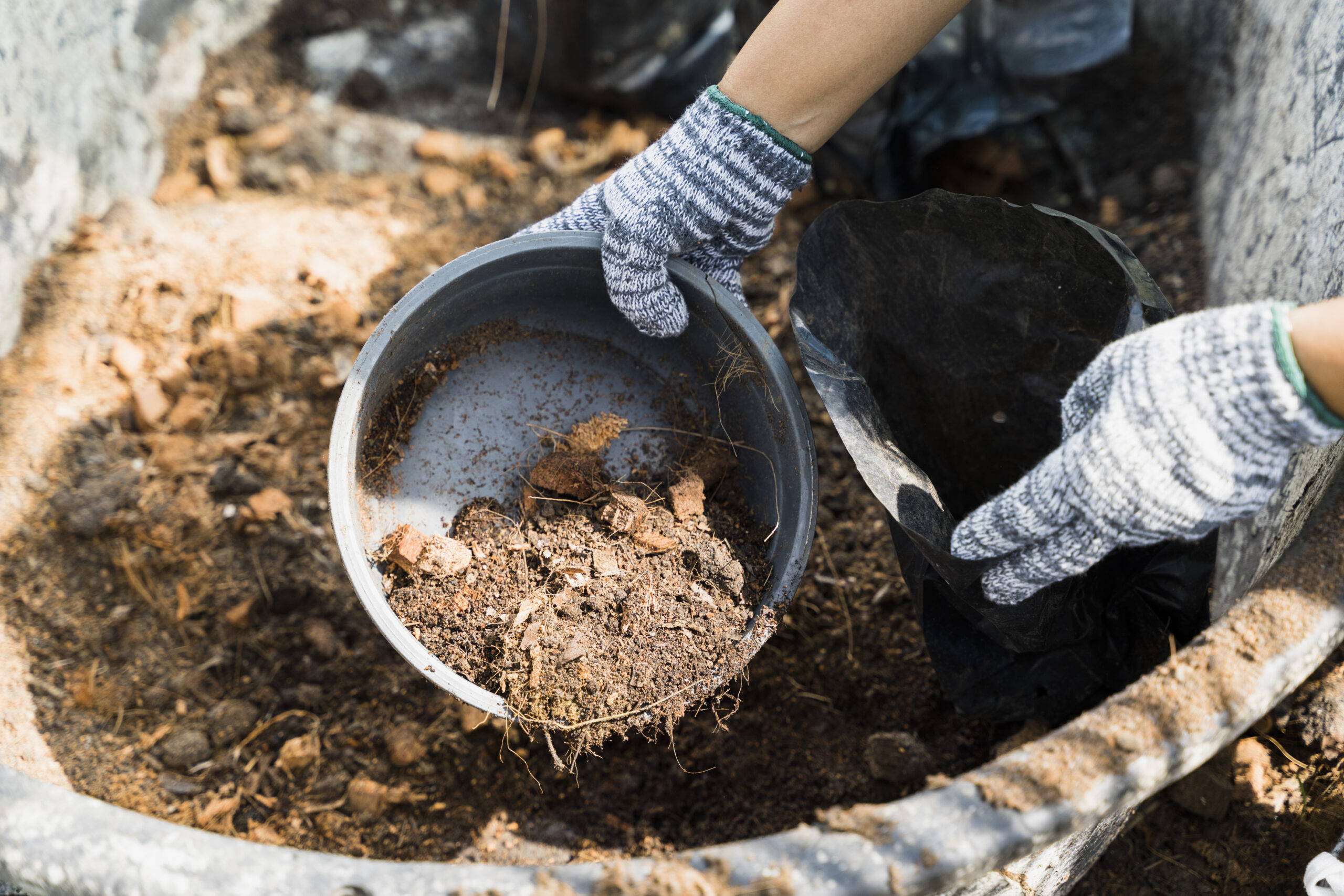When it comes to underground power cables, pipelines, and telecommunication systems, the surrounding soil plays a crucial role in how effectively heat is dissipated. Soil thermal resistivity testing is a specialised geotechnical test that determines how well soil resists the flow of heat. This data is critical for engineers and utility providers to ensure system safety, performance, and cost efficiency.
In this blog, we’ll explore what soil thermal resistivity testing is, why it’s important, the methods used, and how AKM Geotechnical delivers this service with precision and reliability.
What is Soil Thermal Resistivity Testing?
Soil thermal resistivity is the measure of soil’s ability to resist heat flow. It directly affects the thermal performance of buried utilities, including:
- Power transmission cables
- Oil and gas pipelines
- Communication lines
- Renewable energy installations (solar and wind farms)
If the soil resists heat transfer too much, underground systems can overheat, leading to energy losses, reduced lifespan, or even system failure. Soil thermal resistivity testing provides engineers with the data needed to design safe, efficient, and cost-effective underground infrastructure.
Why is Soil Thermal Resistivity Important?
-
Cable and Pipeline Safety
Prevents overheating by ensuring proper heat dissipation.
-
Energy Efficiency
Reduces transmission losses, saving operational costs.
-
Material Selection
Helps engineers choose the right insulation, backfill, or protective layers.
-
Design Optimization
Guides installation depth, spacing, and layout of underground systems.
-
Cost Savings
Prevents costly failures, reworks, and downtime.
For example, in power cable installations, if the surrounding soil has high thermal resistivity, the heat generated by the cables cannot escape easily. This increases the risk of overheating, forcing engineers to redesign or use costly backfill materials. Early soil thermal resistivity testing helps avoid such challenges.
How is Soil Thermal Resistivity Testing Conducted?
The process involves both field sampling and laboratory testing:
1. Field Sampling
Soil samples are collected from different depths at the project site. This ensures that the data represents real ground conditions where the utilities will be placed.
2. Laboratory Testing
Using a thermal needle probe method, the soil’s resistance to heat flow is measured under controlled conditions. Tests are usually performed at:
- Natural moisture content
- Dry state
- Saturated state
This range provides a complete picture of soil behavior under varying environmental conditions.
3. Data Analysis & Reporting
The results are analyzed to determine the soil’s thermal resistivity values. Engineers then use these findings in their underground design calculations.
Factors Affecting Soil Thermal Resistivity
Several natural and environmental factors influence how soil resists heat flow:
- Moisture Content: Wet soil conducts heat better than dry soil.
- Soil Type: Clay, sand, silt, and loam each have different resistivity characteristics.
- Density & Compaction: Well-compacted soil offers better heat conduction.
- Temperature & Seasonal Variations: Soil properties change with weather and climate.
Understanding these variables ensures that the project design is robust and reliable in real-world conditions.
Applications of Soil Thermal Resistivity Testing
-
Power Transmission & Distribution
Ensures underground cables operate safely without overheating.
-
Oil & Gas Pipelines
Prevents temperature-induced stress on buried pipelines.
-
Telecommunications
Supports safe installation of fiber optic cables.
-
Renewable Energy Projects
Optimizes cable layouts for solar farms and wind turbines.
-
Smart Cities & Infrastructure
Helps in planning underground utilities for urban development.
Why Choose AKM Geotechnical for Soil Thermal Resistivity Testing?
At AKM Geotechnical, we understand that accurate soil data is the backbone of safe and efficient engineering projects. Our specialized soil thermal resistivity testing services are designed to deliver:
-
Accurate Field Sampling
We ensure soil samples truly represent site conditions.
-
State-of-the-Art Testing Equipment
Our labs use advanced thermal needle probe technology for precision.
-
Customized Analysis
Reports tailored to your specific project needs, whether it’s power, oil & gas, or telecom.
-
Expert Guidance
Our geotechnical experts don’t just provide numbers; they help you interpret results for practical use in design.
-
End-to-End Support
From initial site investigation to final project recommendations, AKM Geotechnical works as your trusted partner.
We are committed to helping clients reduce risks, cut costs, and improve performance in every underground installation.
Final Thoughts
Soil thermal resistivity testing may seem like a small step in a large infrastructure project, but its impact is significant. It ensures underground systems operate safely, efficiently, and sustainably.
By choosing AKM Geotechnical, you get not only precise testing but also a reliable partner who understands the critical link between soil science and engineering performance.


